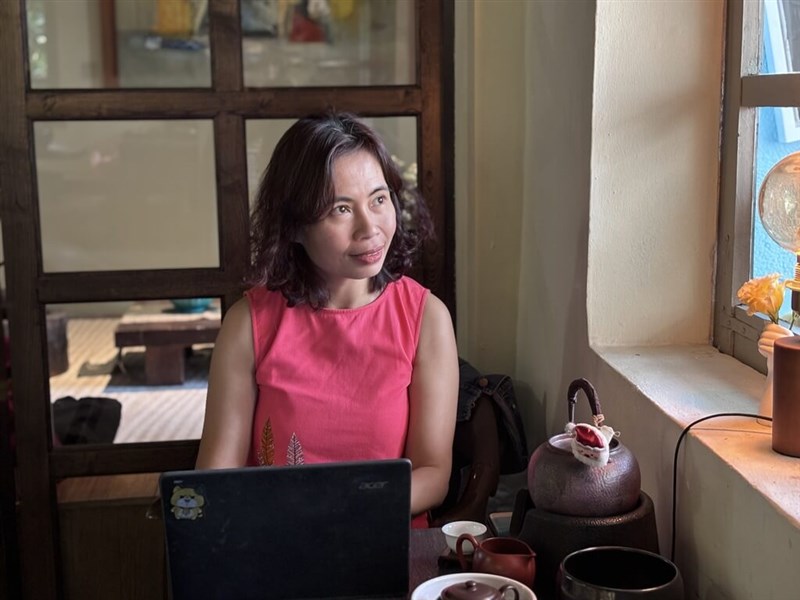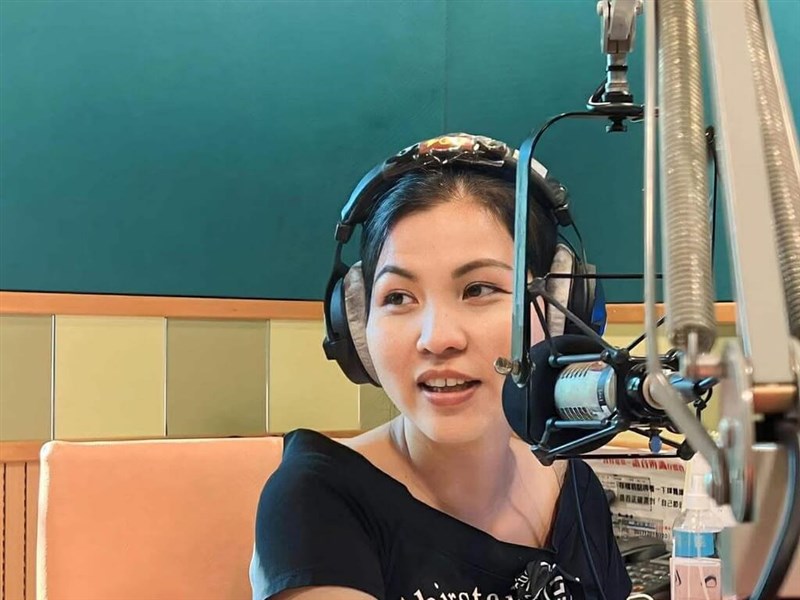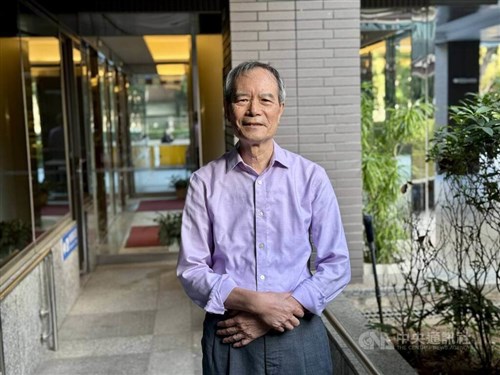INTERVIEW/Humor for humanity: Slovak filmmaker's unique approach to documentaries
05/24/2024 07:46 PM
There is no other way to discuss Central European history in a documentary other than to approach it with humor, Slovak filmmaker Peter Kerekes said, "because if you get serious, it's just a reason to force suicide."
(Full text of the story is now in CNA English news archive. To view the full story, you will need to be a subscribed member of the CNA archive. To subscribe, please read here.)
More in INTERVIEW
![Vietnamese author Trang Hạ embraces life-changing lessons learned in Taiwan]() Vietnamese author Trang Hạ embraces life-changing lessons learned in TaiwanBefore she first set foot in Taiwan in 2003 for an exchange program, Nguyễn Thị Hoa was already gaining recognition as a writer in Vietnam under her pen name, Trang Hạ, having received a few literary awards.12/27/2025 04:58 PM
Vietnamese author Trang Hạ embraces life-changing lessons learned in TaiwanBefore she first set foot in Taiwan in 2003 for an exchange program, Nguyễn Thị Hoa was already gaining recognition as a writer in Vietnam under her pen name, Trang Hạ, having received a few literary awards.12/27/2025 04:58 PM![When life takes a 'left-handed' turn: Vietnamese realizes acting dream in Taiwan]() When life takes a 'left-handed' turn: Vietnamese realizes acting dream in TaiwanVietnamese actress Trần Thu Liễu, also known by her Chinese name Chen Chiu-liu (陳秋柳), has realized her acting dream in Taiwan, a place she has called home for more than two decades.12/22/2025 02:46 PM
When life takes a 'left-handed' turn: Vietnamese realizes acting dream in TaiwanVietnamese actress Trần Thu Liễu, also known by her Chinese name Chen Chiu-liu (陳秋柳), has realized her acting dream in Taiwan, a place she has called home for more than two decades.12/22/2025 02:46 PM![New translation of 'The Canterbury Tales' marks milestone in Taiwan medieval studies]() New translation of 'The Canterbury Tales' marks milestone in Taiwan medieval studiesGeoffrey Chaucer is known as the "Father of English Literature" or the "Father of English Poetry" for his medieval classic "The Canterbury Tales," a work that encouraged writers of his time to write in Middle English rather than French.12/22/2025 12:11 PM
New translation of 'The Canterbury Tales' marks milestone in Taiwan medieval studiesGeoffrey Chaucer is known as the "Father of English Literature" or the "Father of English Poetry" for his medieval classic "The Canterbury Tales," a work that encouraged writers of his time to write in Middle English rather than French.12/22/2025 12:11 PM
Latest
- Society
China military drills to disrupt international flights to, from Taiwan
12/29/2025 09:52 PM - Society
Taipei to deploy 1,300 police officers for New Year's Eve event
12/29/2025 09:33 PM - Business
Taiwan's economy close to overheating: Economic indicator index
12/29/2025 09:25 PM - Society
Mercury to plunge on New Year's Day with arrival of cold air mass
12/29/2025 08:57 PM - Cross-Strait
PLA drill areas within Taiwan's territorial waters: Taiwan military
12/29/2025 07:56 PM


